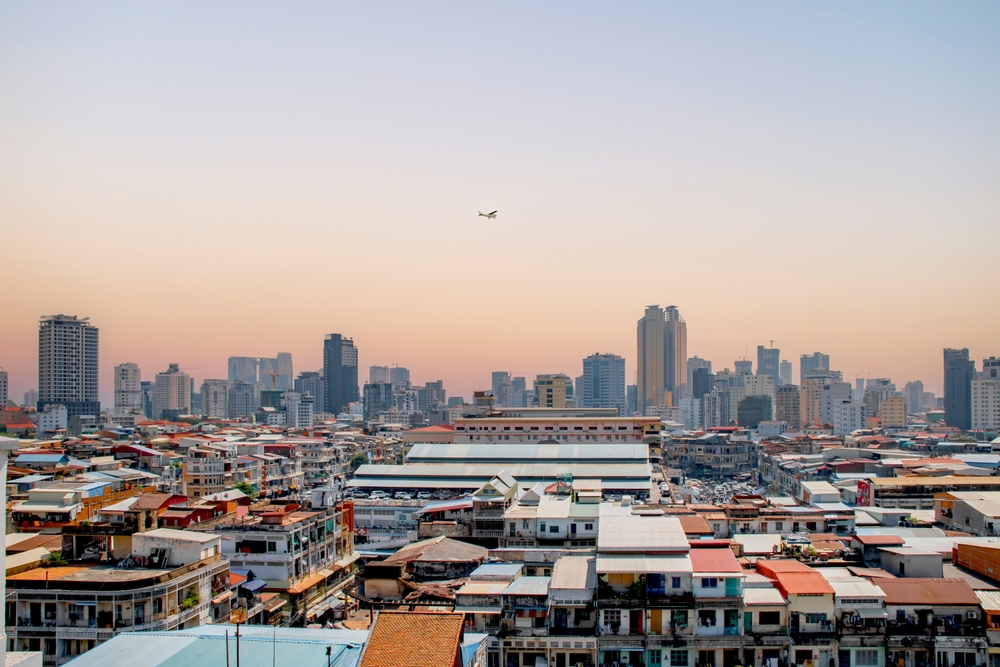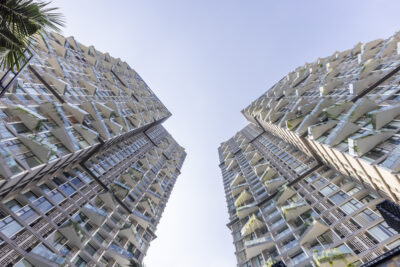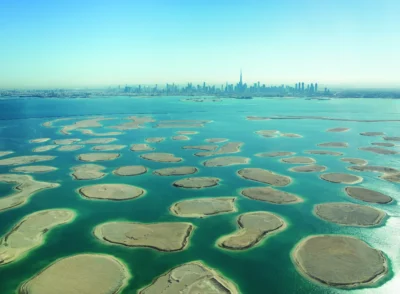Cambodia’s real estate landscape ascends with growth, opportunities, and challenges
The country keeps a robust real estate market amid economic expansion and global investment trends

Cambodia’s robust economic growth, averaging 7.1 percent annually from 2011 to 2020, has propelled the nation into a dynamic real estate market. Juwai.asia reported key factors driving this growth include successful poverty reduction, improved infrastructure, and heightened foreign investment.
The country offers diverse investment opportunities, with condominiums in cities like Phnom Penh, Siem Reap, and Sihanoukville presenting a range from affordable units to luxurious penthouses. Land, however, remains the most sought-after investment, constituting 36.6 percent of total preferences in 2023, driven by its scarcity, versatility, and appreciation potential.
According to Cambodia Investment Review, the real estate market’s resilience is further emphasised by significant construction permits issued in 2023, totaling 1,463 projects with an area of 5,000,000m2 and an investment exceeding USD 22,270 million, marking a 138 percent increase from the same period in 2022. Notably, industry experts, including Oknha Mann Chandy, highlight the high returns of land investments, ranging from eight percent to 15 percent annually.
Related: Cambodian prospects amidst oversupply and global shifts
Foreign investors eyeing Cambodia encounter certain restrictions, as land ownership is limited to Khmer nationals. However, the 2010 law permits foreigners to own buildings with a “Strata Title,” primarily applicable to new apartment buildings. Additionally, recent reforms under the 2021 Investment Law aim to attract more foreign capital by introducing “smart incentives” and mandatory “after-care services.” These incentives encompass VAT exemptions, tax rebates, and sector-specific benefits, contributing to Cambodia’s appeal as an investment destination.
Prime Minister Hun Manet’s efforts to boost the real estate sector include allowing foreigners to use Cambodian representatives for property purchases. While land titles list a Cambodian owner, separate contracts protect foreign investors. This move, along with the easing of loan conditions by the government and the National Bank of Cambodia, aims to revitalise the real estate market amid challenges posed by the COVID-19 pandemic.
However, Radio Free Asia noted the concerns persist regarding potential sovereignty issues, human rights abuses, and challenges related to corruption and ineffective state institutions. Despite these challenges, Cambodia’s comprehensive strategy positions itself as an increasingly attractive destination for global investors looking to engage in a variety of sectors, including high-tech industries and innovation.
The Property Report editors wrote this article. For more information, email: [email protected].
Recommended
Dewan Architects’ Mohammed Adib leads with human-centred design and technological innovation in the Middle East and beyond
Mohammed Adib channels his childhood curiosity and dislike for design uniformity into his work at Dewan Architects + Engineers
UAE real estate shifts focus to sustainability and quality, revitalising iconic projects
The UAE has risen from its challenges to emerge as a more sustainable, quality-focused destination
Exploring A Life By Design’s maximalist approach to interior design
Andrea Savage is embracing the maximalist trend with bold and vibrant interior designs
Jakarta’s emerging innovation hub integrates tech and healthcare sectors
The Digital Hub in BSD City is being positioned as Indonesia’s counterpart to Silicon Valley








